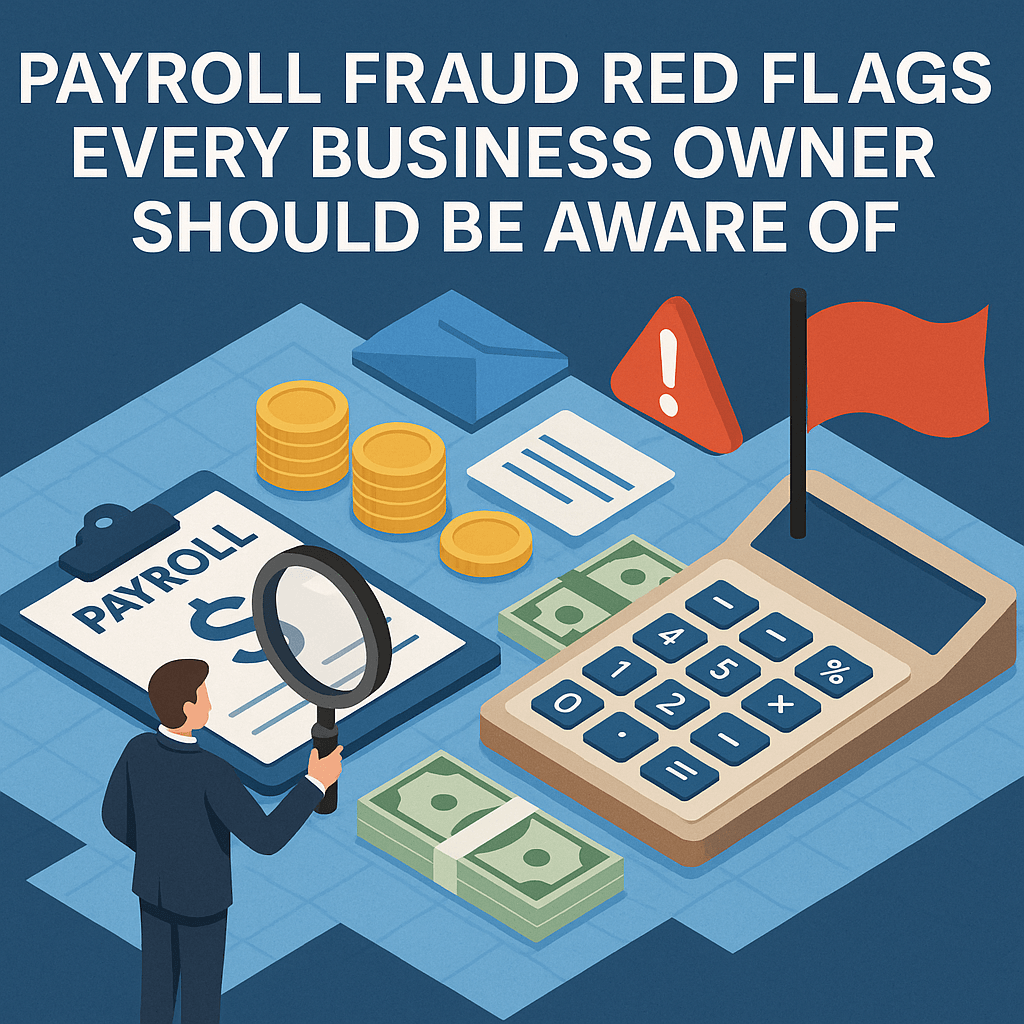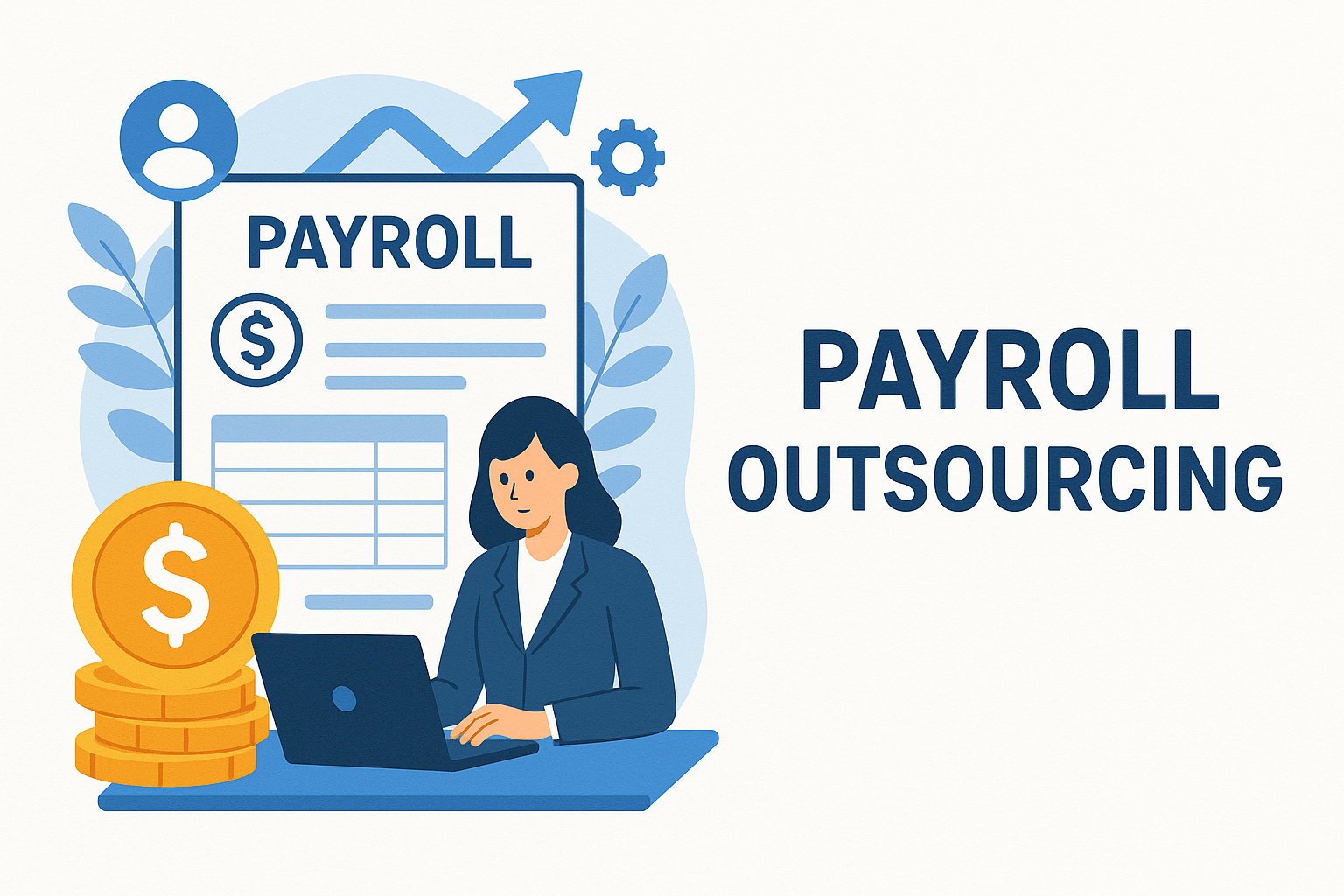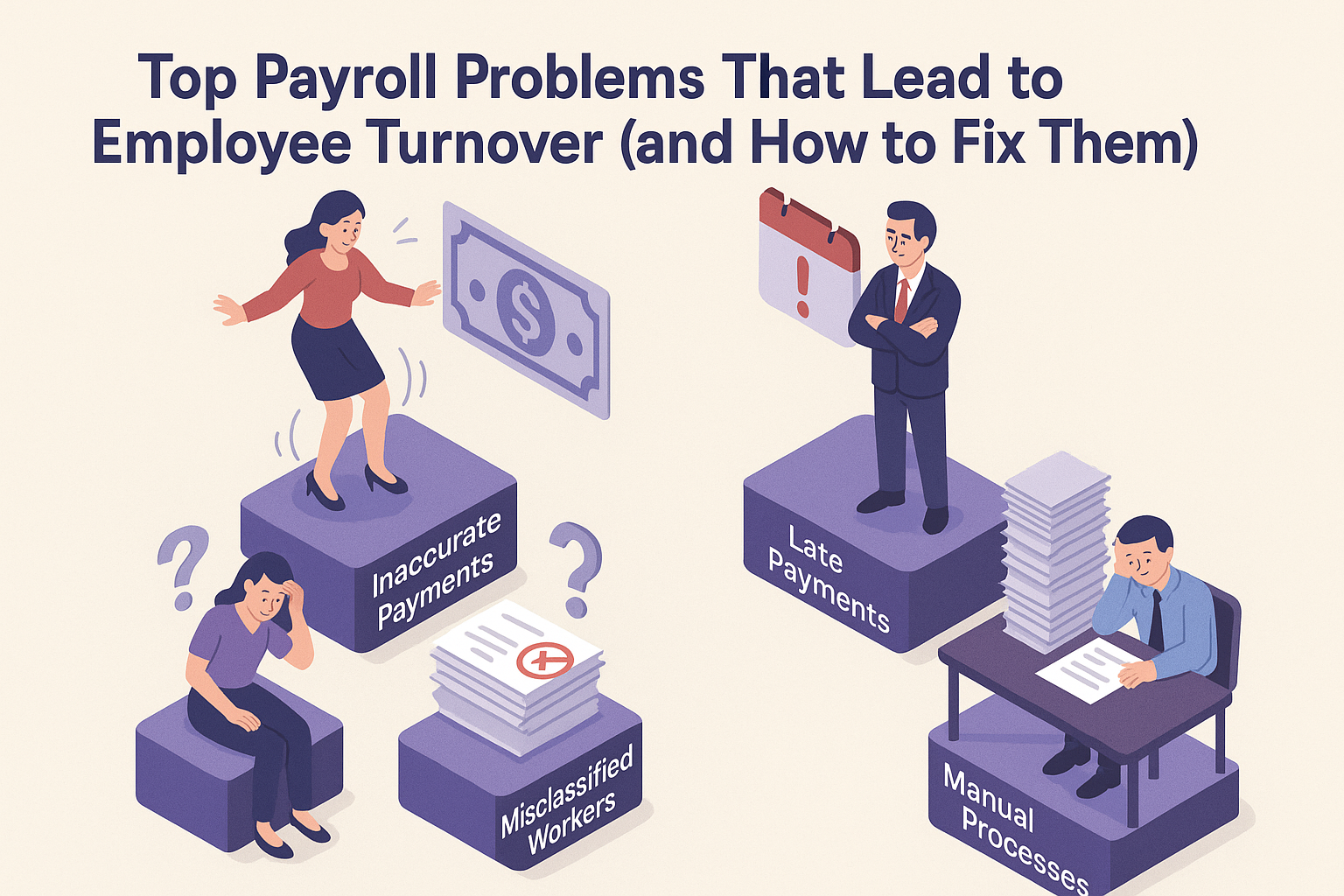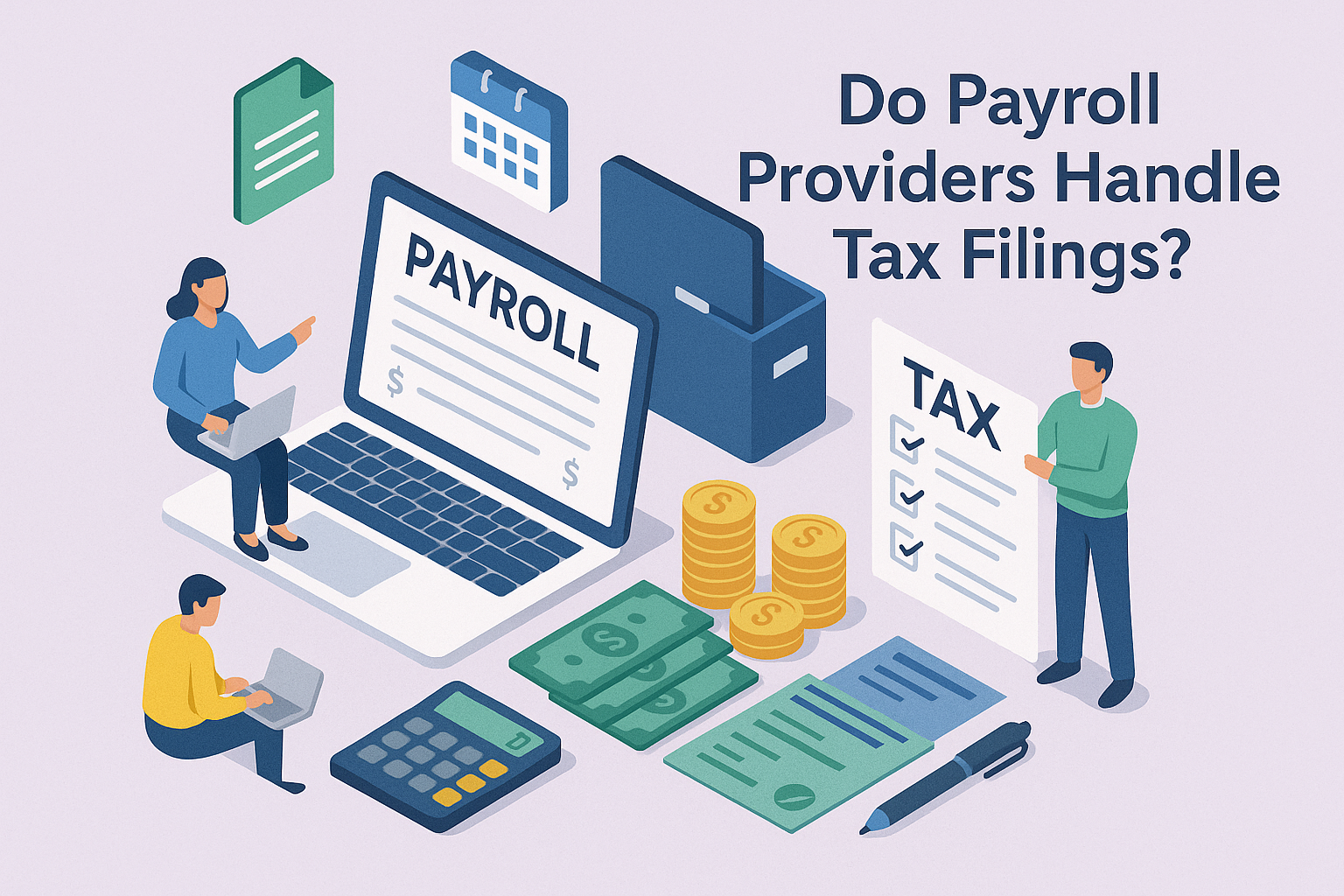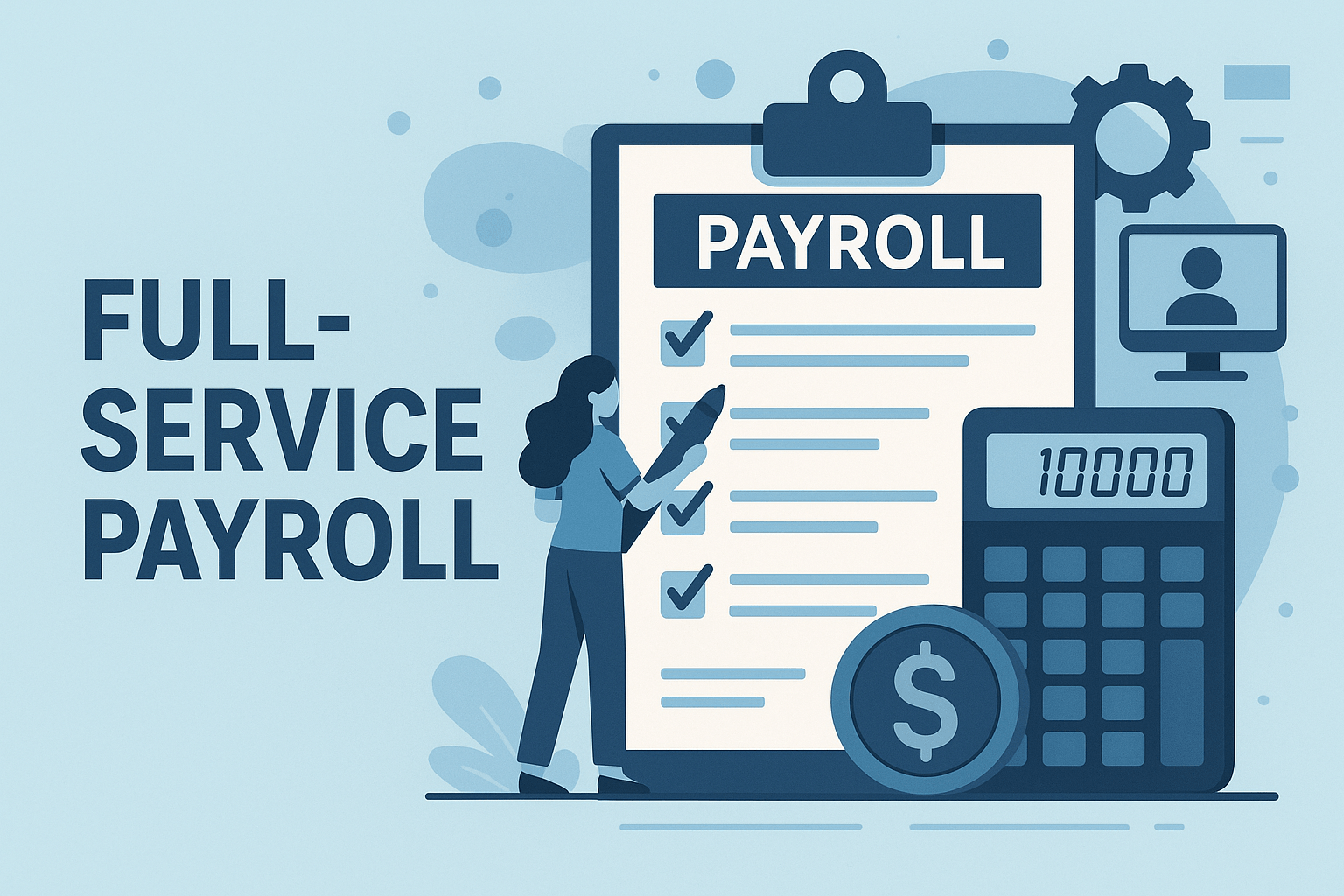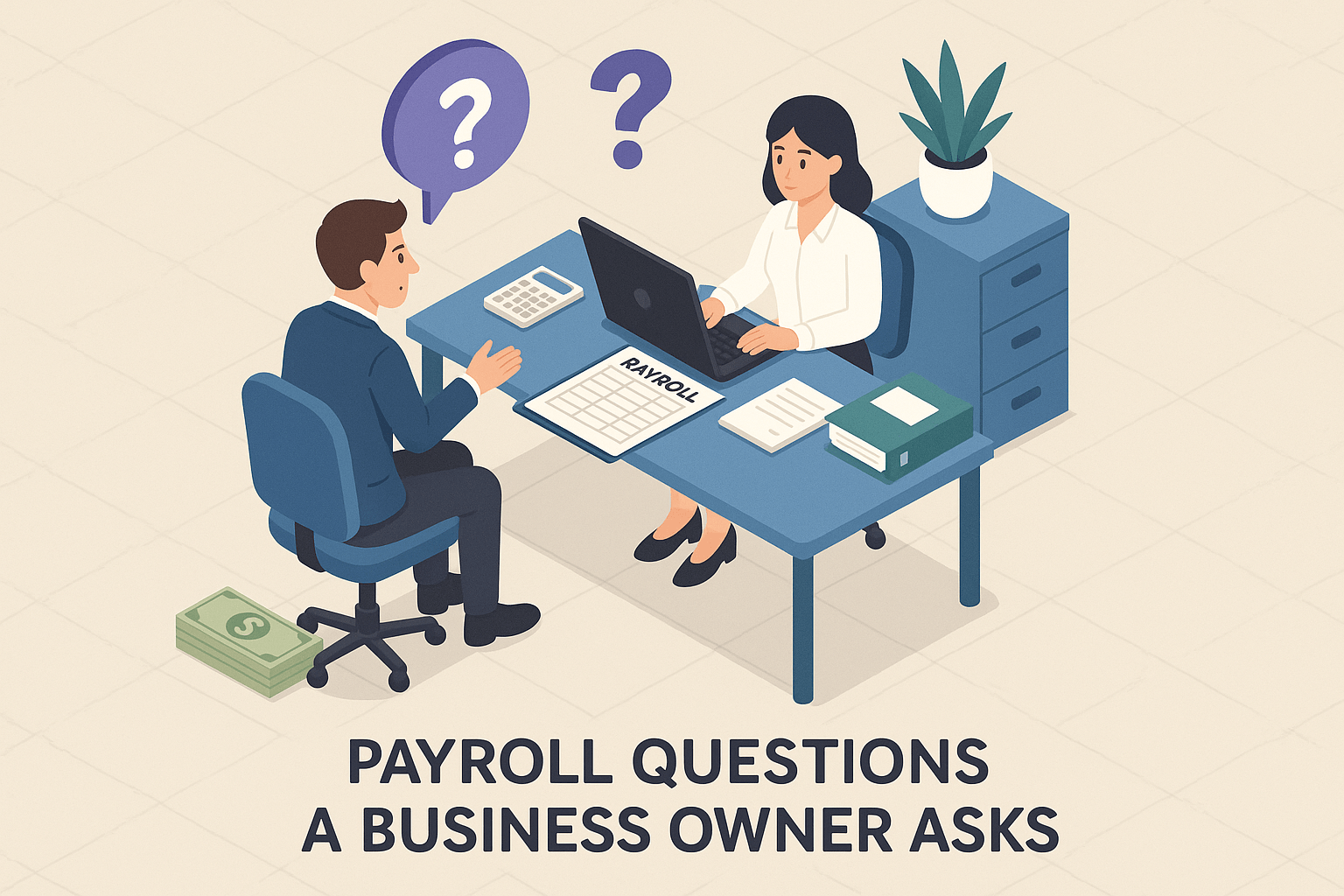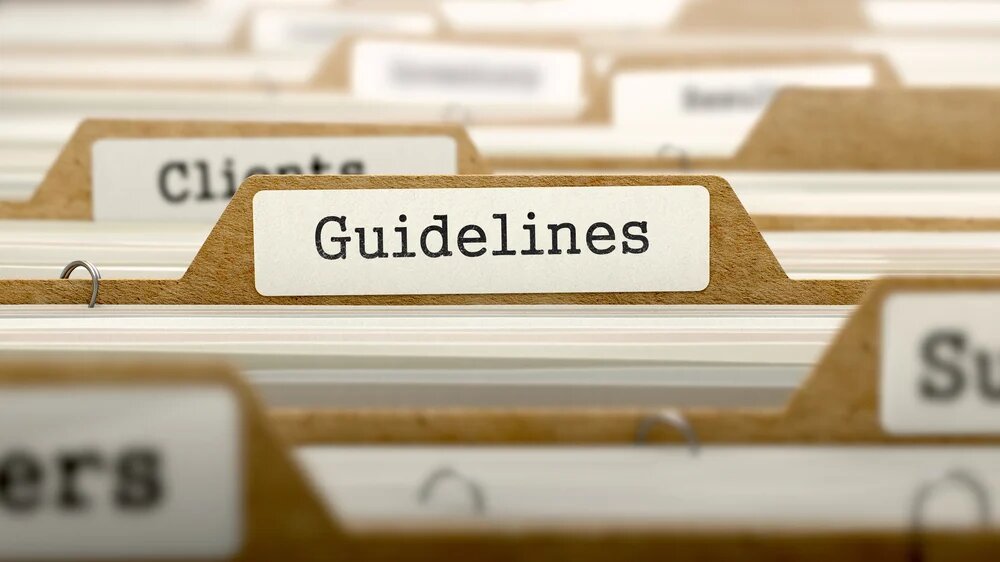
Here’s the bottom line. Illinois is enacting the Paid Leave for All Workers Act (or PLAWA) on January 1st, 2024 which drastically affects all businesses in the state and if you don’t adapt to maintain compliance, you’re liable for fines of up to $2,500 per violation.
PLAWA Implementation Updates
While PLAWA still takes effect on January 1st, the City of Chicago has pushed the implementation of its own updated paid leave ordinance back to July 1st. Businesses employing Chicago workers may choose to adopt PLAWA regulations on the first or wait to comply with Chicago's ordinance on July 1st.
Please continue to submit via the survey or paidleave@lifthcm.com. We'll be reaching out to everyone in February of 2024 with next steps and will update this article as more information is available.
What Is PLAWA? Paid Leave for All Workers Act
Illinois workers will accrue one hour of leave per 40 hours worked starting January 1st or their start date (whichever is later) in accordance with the Paid Leave for All Workers Act (or PLAWA).
Employees aren’t required to fill their own absence or provide a reason for taking leave and are only required to give one week’s notice before foreseeable absences like a vacation. While on leave, employees are paid their full wage while tipped workers receive their local minimum wage.
Who’s Covered By Illinois’ New Paid Leave Act
This includes part-time employees but excludes independent contractors or employees covered by a collective bargaining agreement in the construction and parcel delivery industry. Companies based in another state with one Illinois employee must still allow them to accrue paid leave. Employers with workers residing in Illinois municipalities which opted out of Cook County’s paid leave ordinance must still offer paid leave following the minimum accrual standards outlined in PLAWA.
|
Employees’ Rights Under PLAWA |
|
Employees are covered* by PLAWA if...
* Barring a handful of exceptions and edge cases. Employees are entitled to...
* While employees may accrue more than 40 hours, employers may limit use of paid leave to 40 hours in a 12-month period. |
Frontloading Paid Leave in Illinois
The act carves out a simpler alternative for employers who’d prefer not to track accrual by hours worked. Instead, employers may opt to frontload the accrual, giving employees 40 hours of paid leave at the start of the year. Unlike the system of accruing paid leave by hours worked, employers may prohibit frontloaded hours from carrying over at the start of the year.
How PLAWA Differs from Traditional PTO
While Paid Time Off (PTO) policies typically combine vacation, sick, and personal leave—and may be offered at an employer’s discretion—PLAWA is a legal requirement. Unlike standard PTO policies, PLAWA:
-
Is mandated by state law (not optional)
-
Cannot be restricted to specific types of leave (e.g., only sick days)
-
Prohibits employers from requiring a reason for the leave
-
Applies to most employees, including part-time and hourly workers
Illinois Employer Expectations
Employees may begin using accrued time in increments of two or more hours after 90 days, though employers may permit paid leave in smaller increments at an employee’s request. Paid leave policies which already meet the minimum required 40 hours won’t require updates to account for the increments. While hours roll over, employers aren’t obligated to offer over 40 hours of paid leave in a year.
While PLAWA doesn’t demand employers pay out leave which isn’t credited to employees’ PTO bank or vacation accounts, they’re still beholden to vacation payouts outlined in the Illinois Wage Payment and Collection Act.
Employers must maintain records of hours worked, accrued, expended, and remaining for three years. Employees can report employers in violation of PLAWA by filing a complaint with the Illinois Department of Labor (IDOL). Penalties may include $500 to $2,500 fines, compensatory damages, underpayment, and equitable relief.
|
Employees’ Rights Under PLAWA |
|
Employers are REQUIRED to...
Employers may OPTIONALLY choose to...
* Accrual must still occur immediately upon hire. Employers are PROHIBITED from...
|
Additional Resources on the Paid Leave for All Workers Act
- Paid Leave for All Workers Act FAQ
- Paid Leave for All Workers Act Website
- Illinois Municipal League PLAWA Fact Sheet
PLAWA Action Items for Illinois Employers
There are a number of things you should be doing to remain compliant in a post-PLAWA world. You must determine whether you need to change your existing paid leave policies. Paid leave plans which meet the minimum requirements set forth in PLAWA do not need to be modified, so long as it remains clear employees are allowed to take paid leave as they see fit and without interference. You may still want to change your existing policies even if you don’t need to change them.
You must determine whether or not to combine hours banked under PLAWA with hours banked under other paid leave policies. Combining hours banked under PLAWA with those banked under a different policy would mean paying out PLAWA hours upon termination of employment as employers aren’t otherwise obligated to do so.
Whether you implement PLAWA as your primary paid leave plan or revise what you’ve got, you’ll need to decide whether you wish to frontload the hours. Employees must be notified of which accrual option you’ve chosen (along with any changes going forward) and your handbook must be updated.
You must publicly post employees’ rights under PLAWA such that they are easily accessible to all employees. The Department of Labor is drafting a poster outlining these requirements. We’ll update this article when additional resources are available.
Let Lift HCM Do the Heavy Lifting On PLAWA Compliance
Studies show that employers in some industries spend as much as ten calendar days per year simply trying to maintain regulatory compliance. PLAWA takes effect on January 1st of 2024. Adjust your calendars accordingly.
No one is more familiar with the headaches of maintaining compliance with a shifting regulatory landscape than the people you pay to be your proverbial Aspirin. That’s why Lift HCM offers time-off accrual tracking services to help keep you compliant with the applicable record-keeping requirements. We’ll set you on the path to success in your journey toward PLAWA compliance.
Jason Noble is a seasoned expert in payroll and human capital management. With a wealth of experience in streamlining payroll processes and optimizing workforce management, Jason has successfully held key roles at leading organizations. His deep understanding of industry best practices ensures that his insights are both practical and authoritative.



.png?width=1536&height=1024&name=Create%20a%20background%20that%20reads%2c%20How%20Long%20to%20Keep%20P%20(1).png)



